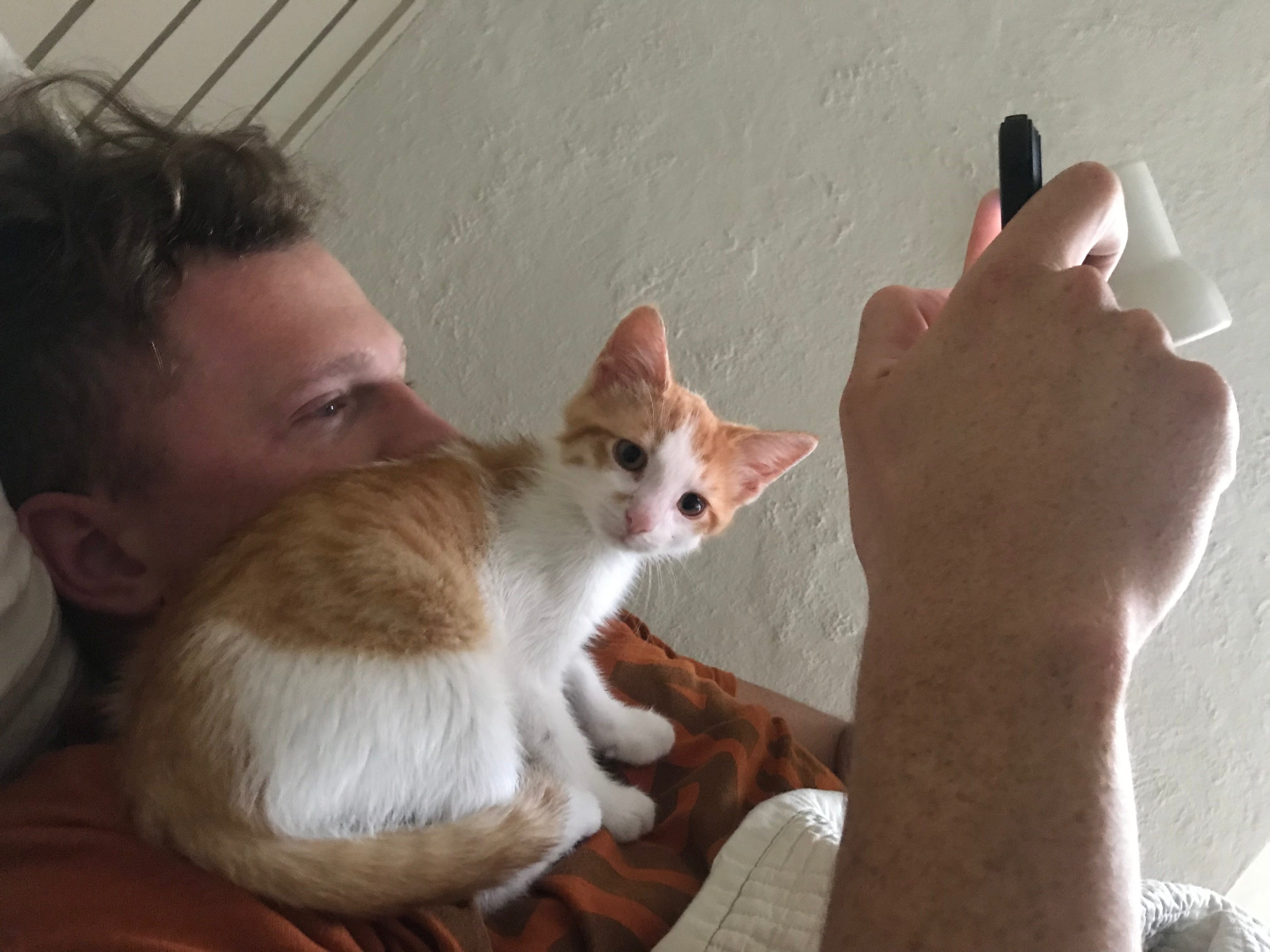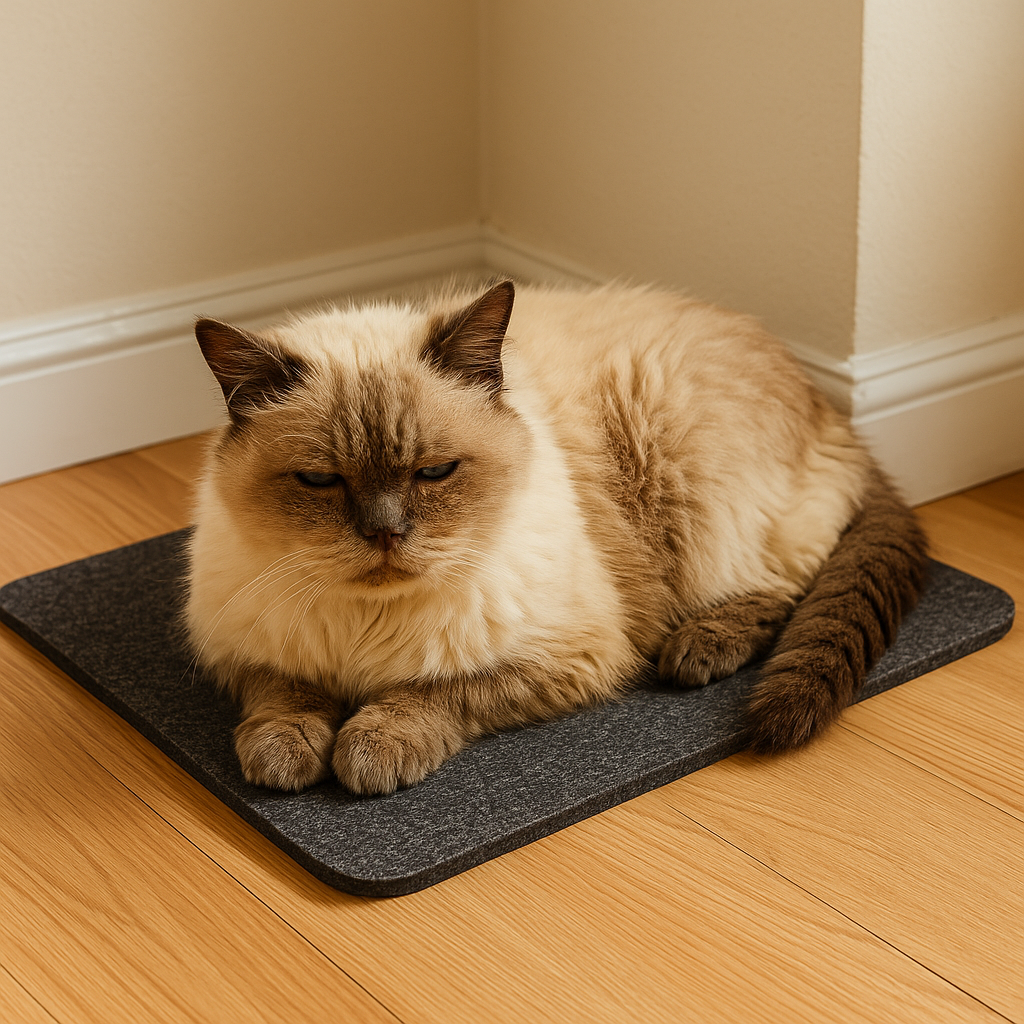Household Items Toxic to Cats 2025: Vet-Approved Safety Guide 🐱⚠️

In this article
Household Items Toxic to Cats 2025: Vet-Approved Safety Guide 🐱⚠️
By Dr. Duncan Houston BVSc
Cats are naturally curious and may explore or nibble on things around your home. Unfortunately, many common household items can be toxic to them. Awareness is key to keeping your feline friend safe.
Common Household Toxins for Cats
1. Lilies 🌸
All parts of the lily plant are extremely toxic to cats. Even a small ingestion can lead to acute kidney failure. Symptoms include vomiting, lethargy, and loss of appetite. Avoid bringing lilies into homes with cats entirely.
2. Onions and Garlic 🧄
Like dogs, cats are susceptible to oxidative damage to red blood cells from onions and garlic, which can result in anemia. Watch for weakness, pale gums, and a rapid heart rate if ingestion occurs.
3. Chocolate 🍫
Though cats are less likely to eat chocolate, the theobromine it contains can cause vomiting, diarrhea, tremors, seizures, and even death. Keep all chocolate safely out of reach.
4. Household Cleaners 🧴
Many cleaning products contain chemicals that are harmful if ingested or inhaled. Symptoms may include vomiting, drooling, and respiratory distress. Always store cleaners in a secure cabinet.
5. Essential Oils 🌿
Cats are highly sensitive to essential oils, which can cause vomiting, drooling, tremors, and difficulty breathing. Avoid using essential oils in areas your cat frequents.
6. Human Medications 💊
Over-the-counter or prescription medications can be toxic. Symptoms vary depending on the drug but may include vomiting, diarrhea, lethargy, and seizures. Never give human medications to your cat unless instructed by a veterinarian.
7. Antifreeze ❄️
Ethylene glycol, found in antifreeze, is highly toxic. Even a small amount can lead to acute kidney failure. Symptoms include vomiting, increased thirst, and lethargy. Store antifreeze securely and clean spills immediately.
8. Rodenticides 🐭
Rat and mouse poisons can be deadly for cats, causing internal bleeding, seizures, or death. Never use rodenticides in areas accessible to your pets.
9. Insecticides 🐜
Some insecticides can be toxic if ingested or absorbed through the skin. Watch for vomiting, diarrhea, tremors, or seizures if exposure occurs.
10. Flea and Tick Products 🐾
Some products intended for dogs are toxic to cats. Always use cat-specific flea and tick products and read labels carefully.
What to Do if Your Cat Ingests Something Toxic
If you suspect your cat has ingested a toxic substance:
-
Stay calm and remove any remaining access to the substance.
-
Contact your veterinarian or an emergency animal clinic immediately.
-
Provide information about what was ingested, how much, and when.
Prompt intervention can prevent severe symptoms and increase the chances of a full recovery.
Keeping hazardous items out of reach and being aware of common toxins is the best way to protect your cat and ensure a safe home environment.








